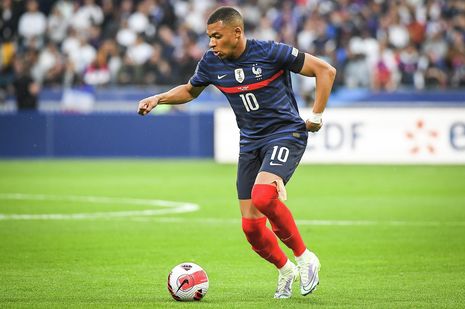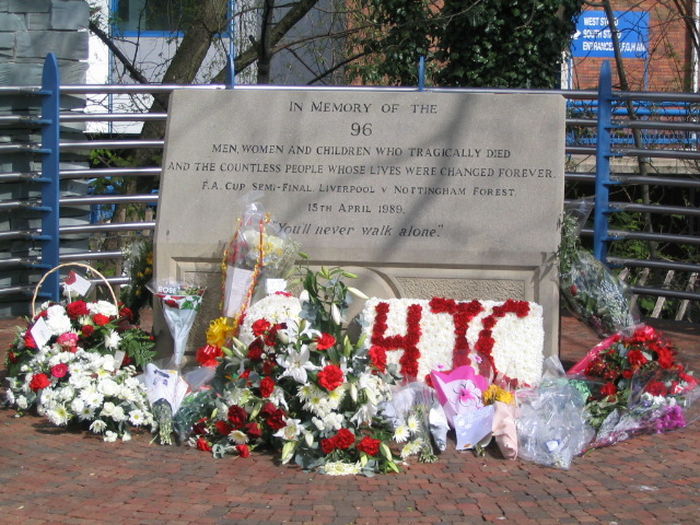The Saudi Pro League, a final nail in football’s coffin?
The culmination of football’s addiction to money, the Saudi Pro League is the greatest threat modern football has faced

As the world reacts to reports of Al-Hilal’s £259 million bid for Kylian Mbappé, it is clear that the threat of the Saudi Pro League to football is unavoidable. The fees and wages are not just unprecedented, but vulgar. What is most worrying, however, is its acceptance by those that run the game.
Intense injections of fees and wages on “big name” players is not a new model of growth in football. It was done by the NASL in the 1970s and by China in the 2010s. Ultimately, both leagues were huge failures. The Saudi Pro League, however, poses an incomparable threat with the offering of extortionate wages. These are life changing sums, even to professional footballers. It’s naive to act like it’s Saudi Arabia’s fault that football has become this way, yet the danger Saudi Arabia poses is in the wages being offered to the sheer amount and calibre of players. The problem is not solely the signings of Ronaldo, Mbappé or Benzema – all the peak of football stardom. It’s not even the money being offered to Jordan Henderson, Kalidou Koulibaly or Roberto Firmino, as there will always be players searching for one last paycheck.
No, the danger is with the money being offered to the Rúben Neves-es, and Allan Saint-Maximins of the world. These are players that could’ve made the step up to elite European football, but have been wooed by the Saudi Arabian paycheck. By offering this tier of player such astonishing wages, every team in Europe’s top five leagues is instantly threatened, meaning professional football in Europe is facing its greatest ever challenge.
“Interest from Saudi Arabia” two seasons ago would’ve barely made a mark in transfer and contract negotiations. Now? It changes everything. In an age where many footballers are trying to extract as much financial benefit from their “job” as possible, Saudi Arabian interest is a dream. Even if a move never materialises, one can guarantee that whatever deal they do sign will contain bigger fees as a result of the leverage that Saudi Arabian interest offers. Any hopes of wage and fee inflation in football being managed are being dashed.
The threat of the Saudi Pro League also seems far more permanent than any predecessors. Underpinning it is a far more centralised, planned and sustainable economic structure than projects like the Chinese Super League. The Saudi Pro League is part of Vision 2030, an initiative by the crown prince, Mohammed bin Salman, to diversify Saudi Arabia’s economy and move away from oil dependency. With the aid of a Public Investment Fund (PIF) worth an estimated £538 billion in assets, football is becoming a core tenet of Saudi Arabia’s sports sector. The PIF owns the country’s four biggest clubs and recent reports suggest that the Ministry of Sport in Saudi Arabia has allocated an obscene £17 billion to transfers in the league between now and 2030, suggesting that this summer will not be an anomaly.
Alongside a strong economic position, Saudi Arabian football also has a growing supporter base. Big matches in Riyadh attract crowds of 60,000. Al-Ittihad have averaged crowds of 39,000 this season. Al-Nassr have seen attendances double with the arrival of Ronaldo. With flares, tifos and flags in abundance, there is a clear desire to emulate the fans of Europe and South America and, as more stars come, it is fair to assume that attendance will continue to rise. This is a project backed by the people, not just its creators.
With every deal done involving Saudi Arabia, global football strays further away from the people most important to it: the fans. As wages and fees go up, so does the need to raise the funds. Every aspect of the matchday experience is already squeezed for its last penny. Every fan treated as a source of income. Ultimately, Saudi Arabia is exploiting football’s inextricable relationship with money, a relationship they did not cause, but are exacerbating potentially beyond repair. If left unchallenged, the effects will continue to trickle down every football pyramid in the world. The relationship between players, clubs and fans will stray further. The real world will remain forgotten by FIFA. The people’s game has never been further from the people themselves.
 News / Colleges charge different rents for the same Castle Street accommodation2 March 2026
News / Colleges charge different rents for the same Castle Street accommodation2 March 2026 News / News in Brief: waterworks, wine woes, and workplace wins 1 March 2026
News / News in Brief: waterworks, wine woes, and workplace wins 1 March 2026 News / Climate activists protest for ‘ethical careers policy’1 March 2026
News / Climate activists protest for ‘ethical careers policy’1 March 2026 News / Angela Merkel among Cambridge honorary degree nominees27 February 2026
News / Angela Merkel among Cambridge honorary degree nominees27 February 2026 News / Private school teacher who lied about Cambridge degree barred from teaching27 February 2026
News / Private school teacher who lied about Cambridge degree barred from teaching27 February 2026









